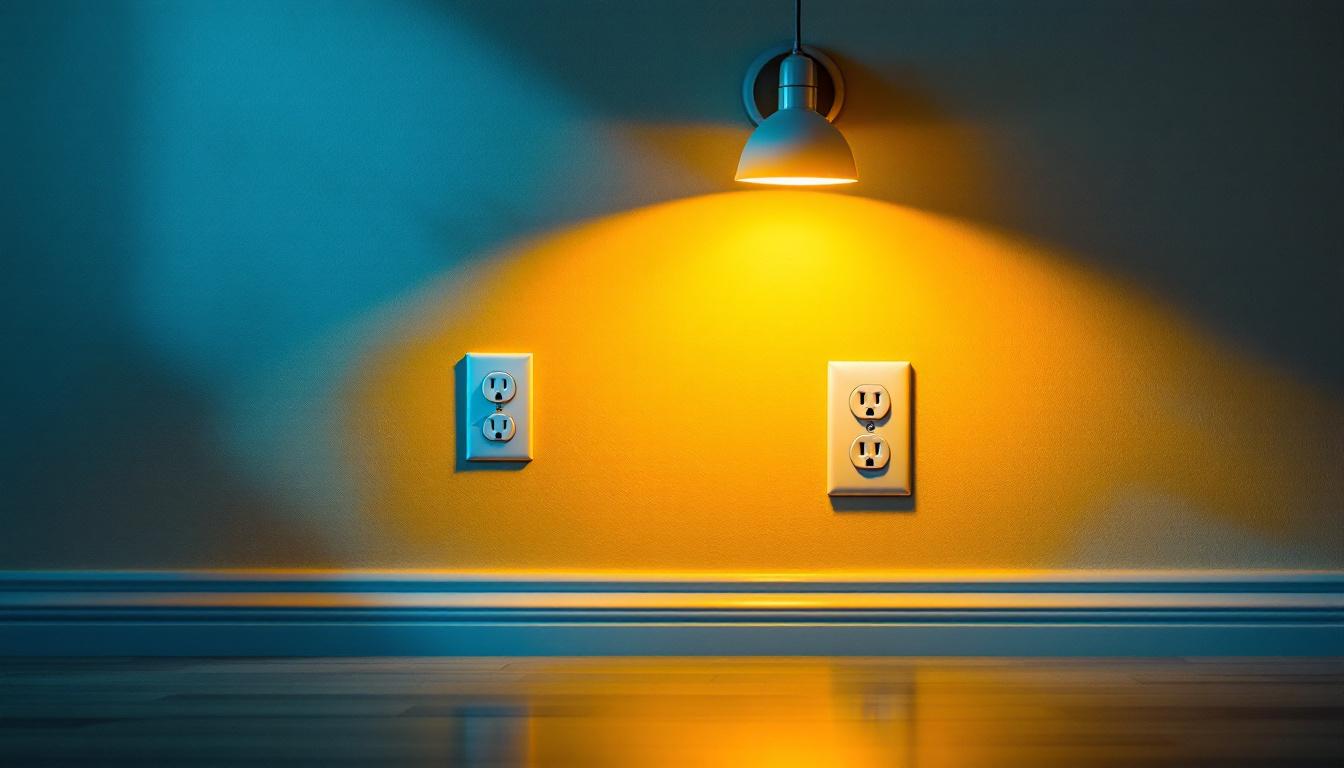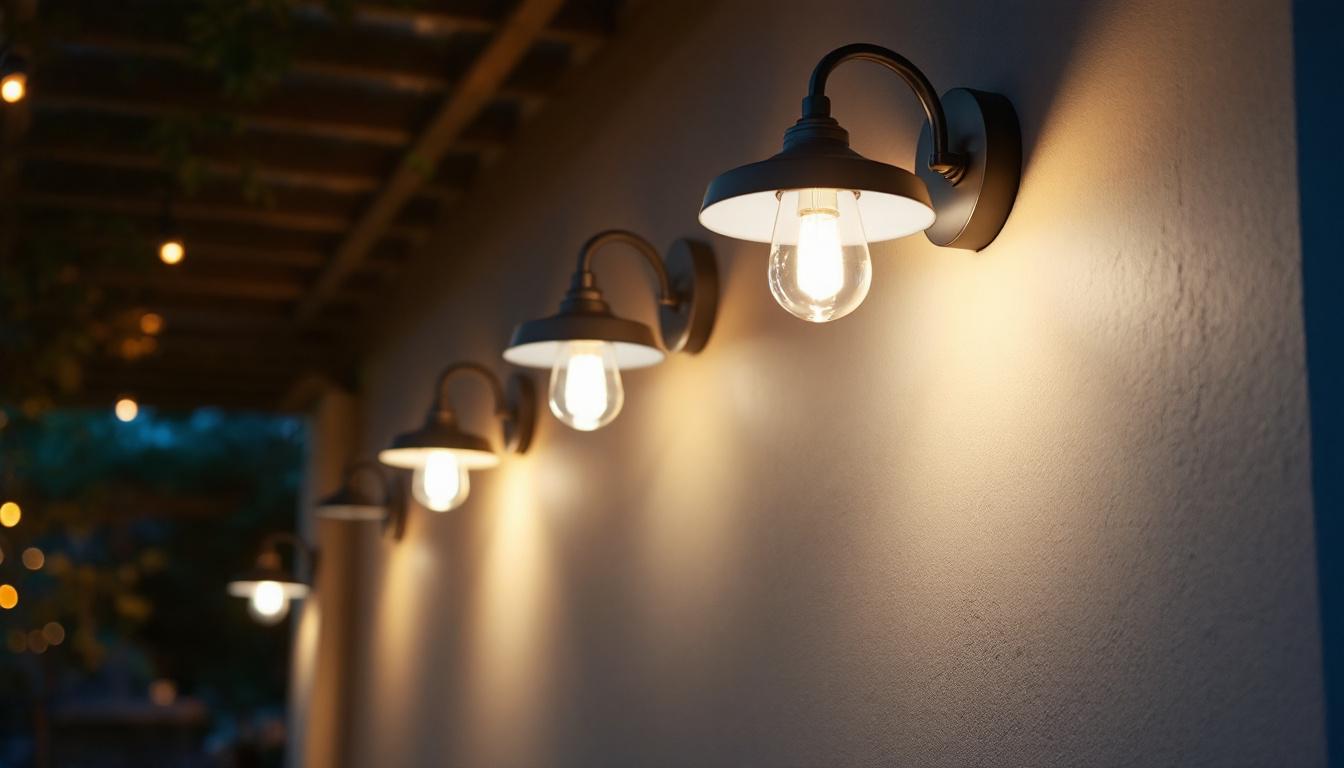
As the demand for sustainable and energy-efficient solutions continues to rise, solar lights have emerged as a popular choice for outdoor garden lighting. For lighting contractors, understanding the science behind these innovative fixtures is essential for providing clients with effective and reliable lighting solutions. This article delves into the mechanics of solar lighting, its advantages, and considerations for installation, ensuring contractors are well-equipped to meet the needs of their clients.
Solar lights operate on a straightforward yet ingenious principle. They harness sunlight during the day through photovoltaic (PV) cells, converting solar energy into electrical energy. This energy is then stored in rechargeable batteries, which power the lights during the night. The efficiency of this process depends on several factors, including the quality of the solar panel, battery capacity, and the design of the light fixture itself.
At the heart of every solar light is the solar panel, which is typically made of silicon. When sunlight strikes the panel, electrons are knocked loose, creating a flow of electricity. This energy is stored in batteries, which are usually lithium-ion or nickel-metal hydride, known for their longevity and efficiency. The stored energy is then used to power LEDs, which are favored for their low energy consumption and long lifespan. Additionally, many modern solar lights come equipped with smart technology that allows them to adjust brightness based on ambient light levels, enhancing both energy efficiency and user experience.
Understanding the components of solar lights is crucial for contractors looking to provide quality installations. The primary components include:
Each component plays a vital role in the overall performance of the solar light. For instance, the quality of the solar panel directly affects how much energy is harvested, while the battery’s capacity determines how long the lights can operate at night. Furthermore, the fixture housing is not merely a protective shell; it is often designed with aesthetics in mind, allowing solar lights to blend seamlessly into various outdoor environments, from gardens to pathways. Some models even feature adjustable angles for the solar panel, enabling users to optimize sunlight exposure throughout the day, which can significantly enhance the system’s overall efficiency.
Moreover, advancements in solar lighting technology have led to the integration of motion sensors and timers in many products. These features allow solar lights to conserve energy by illuminating only when movement is detected or during preset times, making them a practical choice for security lighting. As the demand for sustainable energy solutions grows, manufacturers are continually innovating, leading to the development of solar lights that are not only more efficient but also more versatile, catering to a wide range of applications from residential to commercial use.
One of the most compelling advantages of solar lights is their energy efficiency. By utilizing renewable energy, these lights significantly reduce electricity costs for homeowners and businesses alike. Once installed, solar lights require minimal maintenance and no ongoing electricity expenses, making them an attractive option for clients looking to save money in the long run.
Moreover, the initial investment in solar lighting can often be recouped through energy savings over time. As lighting contractors, emphasizing the long-term financial benefits can be a persuasive selling point when discussing options with clients. The technology behind solar lights has advanced significantly, with many models now featuring high-efficiency solar panels and long-lasting LED bulbs that provide bright illumination for extended periods. This means that clients can enjoy beautifully lit gardens and pathways without the worry of rising energy bills.
Solar lights contribute positively to environmental sustainability. They reduce reliance on fossil fuels, decrease carbon footprints, and promote the use of renewable energy sources. For clients who prioritize eco-friendliness, solar lighting presents an ideal solution that aligns with their values.
Furthermore, the installation of solar lights can enhance outdoor spaces without disturbing the natural ecosystem. Since they do not require extensive wiring or infrastructure, solar lights can be placed in various locations without causing significant disruption to the landscape. This flexibility allows for creative lighting designs that can highlight the beauty of gardens, trees, and architectural features while preserving the existing flora and fauna. Additionally, many solar lights are designed with motion sensors or timers, which not only conserve energy but also provide added security by illuminating areas when movement is detected, making outdoor spaces safer for both residents and wildlife alike.
Before installation, conducting a thorough site assessment is crucial. Factors such as sunlight exposure, shading from trees or buildings, and the intended use of the garden space must be evaluated. Ideally, solar lights should be placed in areas that receive direct sunlight for most of the day to maximize energy absorption.
Additionally, understanding the layout of the garden can help determine the optimal placement of lights. For instance, pathway lights may need to be spaced evenly to provide adequate illumination, while accent lights might be strategically positioned to highlight specific features like sculptures or plants.
Not all solar lights are created equal, and selecting the right fixtures is essential for ensuring client satisfaction. Factors to consider include:
While solar lights are generally low maintenance, some practices can enhance their performance and lifespan. Regularly cleaning the solar panels is essential, as dirt and debris can hinder their ability to absorb sunlight. A simple wipe with a damp cloth can keep the panels functioning efficiently.
Additionally, checking the battery condition periodically ensures that the lights remain operational. If lights begin to dim or fail to turn on, it may indicate that the batteries need replacement. Educating clients on these maintenance practices can help them get the most out of their solar lighting systems.
Lighting contractors should be prepared to troubleshoot common issues that may arise with solar lights. Some typical problems include:
The solar lighting industry is continuously evolving, with advancements in technology paving the way for more efficient and versatile products. Innovations such as smart solar lights, which can be controlled via mobile applications, are gaining popularity. These lights can adjust brightness based on ambient light conditions or be programmed to turn on and off at specific times, enhancing convenience and energy savings.
Moreover, improvements in battery technology are leading to longer-lasting and more efficient energy storage solutions. As these advancements become more mainstream, lighting contractors will have access to a broader range of products that can meet diverse client needs.
As smart home technology becomes increasingly prevalent, the integration of solar lights with home automation systems is a trend to watch. Homeowners are looking for seamless ways to control their outdoor lighting alongside other smart devices. This integration not only enhances user experience but also allows for greater energy management.
Lighting contractors who stay informed about these trends can position themselves as knowledgeable professionals, ready to offer cutting-edge solutions to clients seeking modern lighting options.
Solar lights represent a remarkable fusion of technology and sustainability, offering numerous benefits for outdoor garden lighting. For lighting contractors, understanding the science behind solar lighting, its advantages, installation considerations, and maintenance practices is essential for delivering high-quality solutions to clients. As the industry continues to evolve, staying abreast of technological advancements will ensure that contractors remain competitive and can meet the ever-changing demands of the market.
By embracing solar lighting, contractors not only contribute to a greener future but also provide clients with innovative solutions that enhance their outdoor spaces. With the right knowledge and tools, lighting contractors can successfully navigate the world of solar lights, delivering exceptional results that illuminate gardens while respecting the environment.
Ready to elevate your lighting game with the latest in solar technology? Look no further than LumenWholesale for all your lighting needs. We provide lighting contractors with high-quality, specification-grade solar lights at unbeatable wholesale prices. Our extensive selection is designed to meet the highest industry standards, ensuring you deliver reliable, high-performance lighting to every garden and outdoor project. Plus, with free shipping on bulk orders, you can enjoy premium lighting solutions at the best value — without hidden fees or compromises. Enhance your outdoor lighting offerings and delight your clients by choosing LumenWholesale. Wholesale Lighting at the Best Value.

Discover how to enhance your home’s lighting efficiency with optimized electrical outlet receptacles.

Discover where to buy outdoor light fixtures and learn how lighting contractors can master installation.

Discover expert tips and strategies for lighting contractors to master the installation and optimization of 4′ LED shop light fixtures.

Discover innovative hacks for smart lighting contractors using T8 LED lamps.